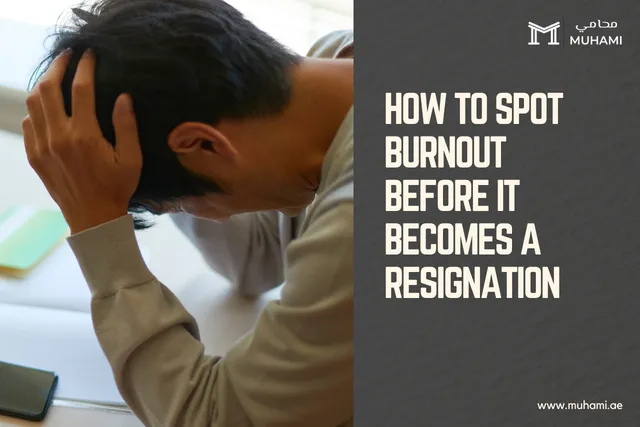5 Simple Steps to Finding the Right Lawyer

A Guide to Choosing the Right Lawyer for You.
Navigating a legal issue can be daunting, especially when you're in need of the "right" lawyer. Whether you're dealing with a personal matter or a business opportunity or dispute, the right legal representation can make all the difference. With over 20 years of experience in the field, we understand the importance of finding a lawyer who not only has the necessary expertise but also aligns with your specific needs and values.
1. Identifying Your Legal Needs
The first step in finding the right lawyer is understanding your legal needs. Are you dealing with a family law issue, a business dispute, or a criminal case? Each of these areas requires a different set of skills and expertise. For instance, a real estate lawyer will not be the best choice for an employment dispute. Understanding your legal needs will help you narrow down your search and find a lawyer who specialises in the relevant area of law.
2. Research and Recommendations
Once you've identified your legal needs, start your search by seeking recommendations from trusted sources. Friends, family and colleagues can provide valuable insights based on their personal experiences. However, remember to ensure that their recommendations align with your specific legal needs.
In addition to personal recommendations, online resources can be invaluable. Look for lawyers who have a strong online presence, including a professional website and LinkedIn profile. Check for reviews and testimonials from previous clients. Peer recognition, such as rankings in legal directories like Legal 500 or Chambers, can also be a good indicator of a lawyer's reputation and expertise.
3. Initial Consultation
The initial consultation is a crucial part of the lawyer selection process. This is your opportunity to assess the lawyer's communication skills, professionalism, and compatibility. During this consultation, the lawyer should provide a clear strategy for handling your case, explain complex legal issues in a way you can understand and provide a transparent fee structure.
4. Assessing Experience and Credentials
When assessing a lawyer's experience and credentials, look beyond their years of practice. Consider their track record in handling similar cases and their reputation in the legal community. Ask for examples of how they have solved similar issues to yours. Remember, experience can save you a lot of time and money in the long run.
5. Making the Right Choice
The right lawyer for you is someone who not only has the necessary expertise but also aligns with your specific needs, values, and preferences. They should be able to dedicate sufficient time to your case, communicate effectively and demonstrate a genuine interest in achieving the best possible outcome for you.
Finding the right lawyer involves careful research, thorough assessment and thoughtful consideration. By understanding your legal needs, seeking recommendations, assessing experience and credentials, and making use of initial consultations, you can find a lawyer who is not only qualified but also the right fit for you. Remember, the right legal representation can significantly impact the outcome of your case.
Any Questions?
Connect with lawyers and seek expert legal advice
Share
Find by Article Category
Browse articles by categories
Find Article by Practice Area
Browse articles by practice area
Featured Partnership
She Knows Best
Anonymous Advice, For Women By Women
Related Articles

What Does the UK’s Online Safety Crackd…
The U.K.'s Online Safety Act (OSA) has faced significant criticism for its …

What Does the UK’s Online Safety Crackdown Mean f…
The U.K.'s Online Safety Act (OSA) has faced …

The Power & Pitfalls of Joint Ventures …
I still remember sitting in my first JV meeting in Dubai. Two developers one ow…

The Power & Pitfalls of Joint Ventures in Dubai R…
I still remember sitting in my first JV meeting i…

How to Spot Burnout Before It Becomes a…
Burnout rarely happens overnight. It builds slowly, often silently, which makes…

How to Spot Burnout Before It Becomes a Resignati…
Burnout rarely happens overnight. It builds slowl…
